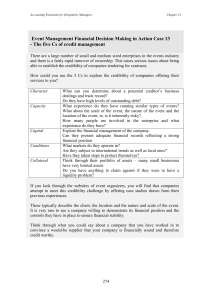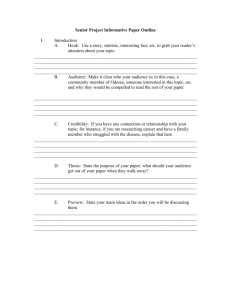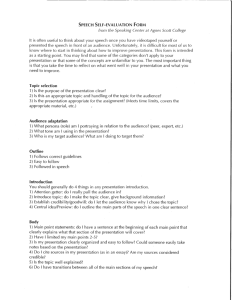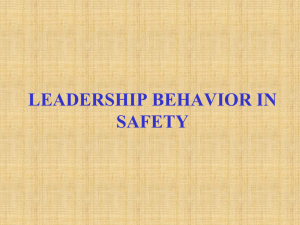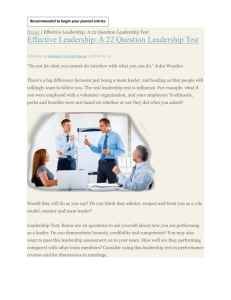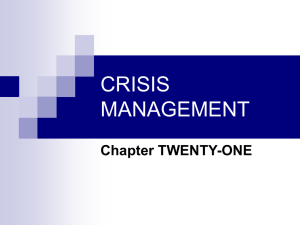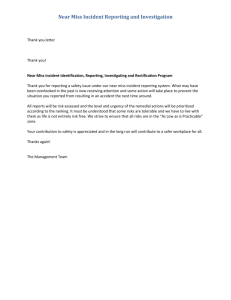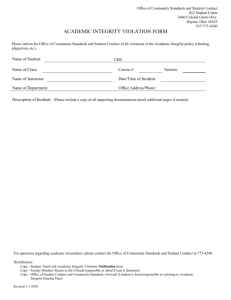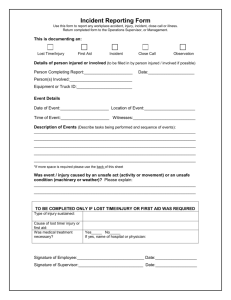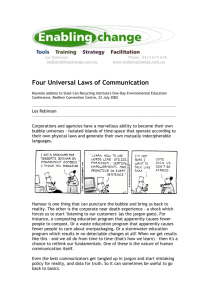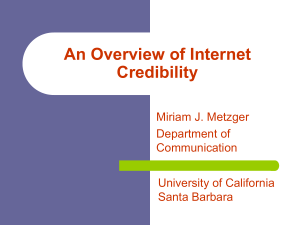Planning for a crisis teaches us how to survive a fall (E. Boineau and
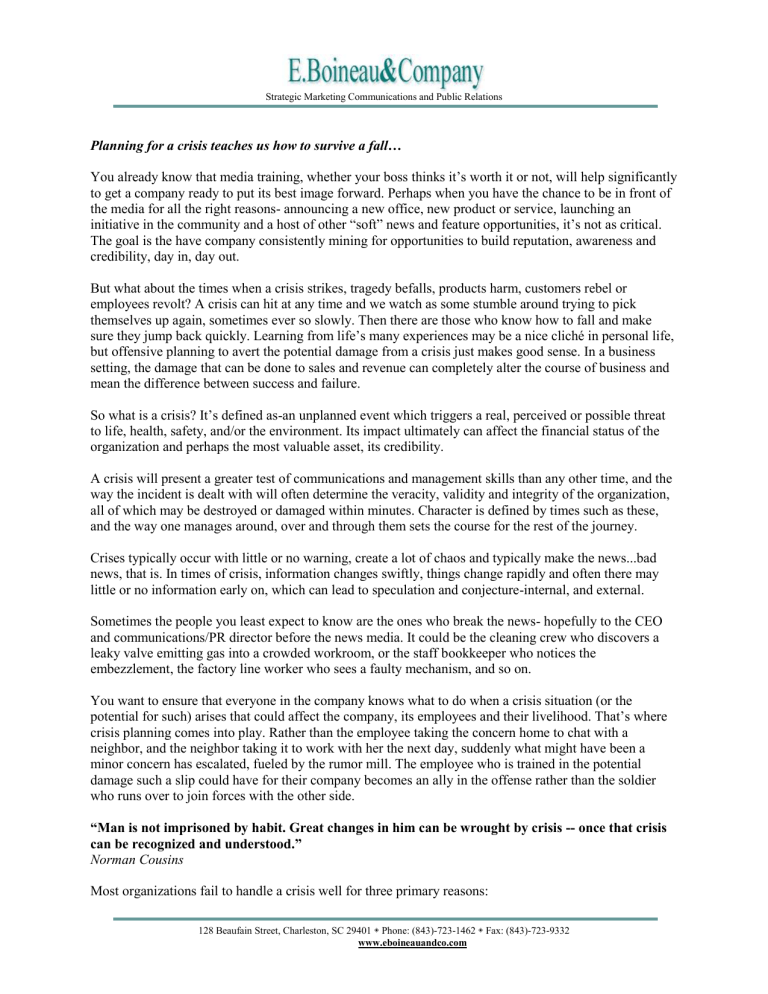
Strategic Marketing Communications and Public Relations
Planning for a crisis teaches us how to survive a fall…
You already know that media training, whether your boss thinks it’s worth it or not, will help significantly to get a company ready to put its best image forward. Perhaps when you have the chance to be in front of the media for all the right reasons- announcing a new office, new product or service, launching an initiative in the community and a host of other “soft” news and feature opportunities, it’s not as critical.
The goal is the have company consistently mining for opportunities to build reputation, awareness and credibility, day in, day out.
But what about the times when a crisis strikes, tragedy befalls, products harm, customers rebel or employees revolt? A crisis can hit at any time and we watch as some stumble around trying to pick themselves up again, sometimes ever so slowly. Then there are those who know how to fall and make sure they jump back quickly. Learning from life’s many experiences may be a nice cliché in personal life, but offensive planning to avert the potential damage from a crisis just makes good sense. In a business setting, the damage that can be done to sales and revenue can completely alter the course of business and mean the difference between success and failure.
So what is a crisis? It’s defined as-an unplanned event which triggers a real, perceived or possible threat to life, health, safety, and/or the environment. Its impact ultimately can affect the financial status of the organization and perhaps the most valuable asset, its credibility.
A crisis will present a greater test of communications and management skills than any other time, and the way the incident is dealt with will often determine the veracity, validity and integrity of the organization, all of which may be destroyed or damaged within minutes. Character is defined by times such as these, and the way one manages around, over and through them sets the course for the rest of the journey.
Crises typically occur with little or no warning, create a lot of chaos and typically make the news...bad news, that is. In times of crisis, information changes swiftly, things change rapidly and often there may little or no information early on, which can lead to speculation and conjecture-internal, and external.
Sometimes the people you least expect to know are the ones who break the news- hopefully to the CEO and communications/PR director before the news media. It could be the cleaning crew who discovers a leaky valve emitting gas into a crowded workroom, or the staff bookkeeper who notices the embezzlement, the factory line worker who sees a faulty mechanism, and so on.
You want to ensure that everyone in the company knows what to do when a crisis situation (or the potential for such) arises that could affect the company, its employees and their livelihood. That’s where crisis planning comes into play. Rather than the employee taking the concern home to chat with a neighbor, and the neighbor taking it to work with her the next day, suddenly what might have been a minor concern has escalated, fueled by the rumor mill. The employee who is trained in the potential damage such a slip could have for their company becomes an ally in the offense rather than the soldier who runs over to join forces with the other side.
“Man is not imprisoned by habit. Great changes in him can be wrought by crisis -- once that crisis can be recognized and understood.”
Norman Cousins
Most organizations fail to handle a crisis well for three primary reasons:
128 Beaufain Street, Charleston, SC 29401 ◈ Phone: (843)-723-1462 ◈ Fax: (843)-723-9332 www.eboineauandco.com
They lack a cohesive plan, they don’t have a crisis management team, and a single (not more than two, ideally just one) spokesperson is not identified and trained before the crisis occurs. Some companies perform poorly in these situations because they don't react quickly enough; they don't confront the crisis head on; and they don't anticipate that a crisis can come at any time, and are therefore reactionary.
In a crisis, it’s essential that a state of calm and an attitude of honesty prevail.
One must recognize that the media is calling because they are doing their job too and they should be given information quickly and professionally. Giving the media what they need- access, facts, next steps, and timely updates, most always means the media will in turn offer fair and balanced coverage of the incident. Even before the media gets the “official” word on the crisis, stakeholders, such as employees, board members, shareholders should be advised of the incident, the consequences, potential damage, action taken, and what’s ahead.
“I have learned that it’s not what one does that’s wrong, but what one becomes as a consequence of it.”
Oscar Wilde
So here are a few lessons for managing through a crisis before it takes over and manages you and potentially mars the reputation of your company:
-A cover –up job is never acceptable, so tell the truth and tell it fast- and that works in all aspects of life.
They WILL find out- every time- and then you’ll have your credibility to regain too.
-Be sure you have all the facts and know just what IS true.
-Make it easy for your stakeholders (and the media) to communicate with you by considering setting up a dedicated toll free hot line with recorded updates and a special Web site or part of your site with frequent updates as information flows in. Two way communications is important too- know what’s being said out in the field.
-Media training is vital for the key spokespersons in a crisis. Prepared statements, talking points, and key messages become the job of the PR person and/or agency, in concert with senior management. Mock interviews using TV techniques and role-playing on camera are good ways to practice scenarios that might involve a sometimes combative, aggressive media corps during times of disorder and chaos.
-If your company is directly responsible for a situation, apologize immediately. Accepting responsibility makes you more human too, and people become more forgiving if you admit mistakes up front and detail what you’re doing to improve or change the situation for those affected.
When all is said and done, we’re only human and we want to forgive and to be forgiven. Over time we tend to forget the ills that befall us and others- but it’s the wise that learn from them. In looking back on our stumbles, to paraphrase scripture from a recent Sunday, it’s important to ask for forgiveness and get up quickly, for it’s not falling that’s the worst thing, it’s staying on the ground.
Elizabeth L. Boineau runs E. Boineau & Company, a strategic marketing communications and public relations firm based in Charleston. You may reach her at eboineau@eboineauandco.com
and more information is available at www.eboineauandco.com
.
Rev 7 23 14
